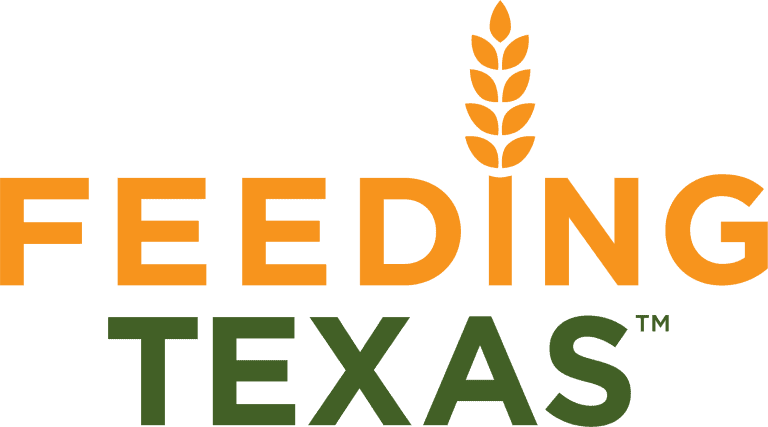Feeding Texas: A Commitment to “Food is Medicine” Solutions
As Hunger Action Month comes to a close, the Feeding Texas network, which encompasses 20 food banks and over 70 partner organizations, is stepping up its efforts to address food insecurity through innovative health solutions. The focus is on advancing “Food is Medicine” (FIM) programs in the upcoming 2025 Texas legislative session. These programs aim to leverage food-based interventions to prevent, manage, and treat various health conditions, recognizing the intrinsic link between nutrition and health.
The Connection Between Food Insecurity and Health
Celia Cole, the CEO of Feeding Texas, emphasizes the critical relationship between nutrition and health. Individuals facing food insecurity often experience adverse health effects and encounter barriers to accessing necessary healthcare services. The statistics are alarming: food insecurity is associated with higher rates of chronic diseases and diet-related illnesses. For those who are already unwell, the dilemma of choosing between food and medical treatment can lead to severe health complications. This understanding is vital for developing comprehensive strategies that enhance both food security and healthcare outcomes in Texas.
Legislative Progress: HB 1575
In June 2023, Governor Greg Abbott signed House Bill 1575 into law, marking a significant step towards recognizing the impact of non-medical factors on health outcomes. This legislation mandates that pregnant Medicaid beneficiaries be screened for non-medical needs, such as nutrition, housing, and transportation. It also provides case management services to connect these beneficiaries with community resources. Starting this month, Managed Care Organizations (MCOs) in Texas have begun implementing screening questions developed by the Texas Health and Human Services Commission (HHSC) to assess the non-medical needs of their pregnant patients.
Addressing Non-Medical Drivers of Health
HB 1575 strengthens the capacity of Medicaid to identify and address underlying non-medical issues that affect health. Sponsored by Rep. Lacey Hull and Sen. Lois Kolkhorst, this legislation is a response to an action plan released by HHSC aimed at tackling non-medical drivers of health (NMDoH) through Medicaid and CHIP. Cole notes that the 2023 legislative session was a pivotal moment for Texas lawmakers, who recognized the importance of addressing these non-medical factors to improve health outcomes for pregnant patients.
Looking Ahead to 2025
Feeding Texas is optimistic that the momentum generated by HB 1575 and the HHSC action plan will carry into the 2025 legislative session. The organization is committed to supporting strategies that continue this groundbreaking work, with the ultimate goal of reducing food insecurity and increasing access to nutritious foods. This is particularly crucial for Medicaid beneficiaries who are managing chronic conditions and diet-related illnesses.
Prioritizing Food is Medicine Solutions
The Feeding Texas network, along with the Texas Food Policy Roundtable (TFPR), has identified FIM solutions as a top priority for the upcoming legislative session. Two primary strategies are being proposed: Medicaid 1115 Waivers and “In Lieu of Services” (ILOS) provisions.
Medicaid 1115 Waivers are demonstration projects that provide states with the flexibility to test policy approaches aimed at improving services for Medicaid populations. On the other hand, ILOS provisions allow MCOs to substitute Health-Related Social Needs (HRSNs) for traditional medical care, thereby integrating nutrition into the healthcare framework.
A Holistic Approach to Healthcare
Celia Cole articulates a vision for a healthier Texas that encompasses a holistic approach to healthcare. This means addressing health-related needs beyond just medical treatment. Food banks have been operating in this space for years, successfully partnering with local healthcare organizations to serve community members. By further integrating nutrition into the healthcare system, doctors could prescribe healthy food, which food banks could then provide through a streamlined Medicaid reimbursement model. This approach would simplify the process for patients, leverage existing food bank infrastructure, and potentially lower healthcare costs over time.
Conclusion
The Feeding Texas network’s commitment to advancing “Food is Medicine” solutions reflects a growing recognition of the importance of nutrition in health care. As the 2025 legislative session approaches, the collaboration between food banks, healthcare organizations, and policymakers aims to create a more equitable and health-conscious Texas. By prioritizing food security and health, Texas can pave the way for a healthier future for all its residents.
